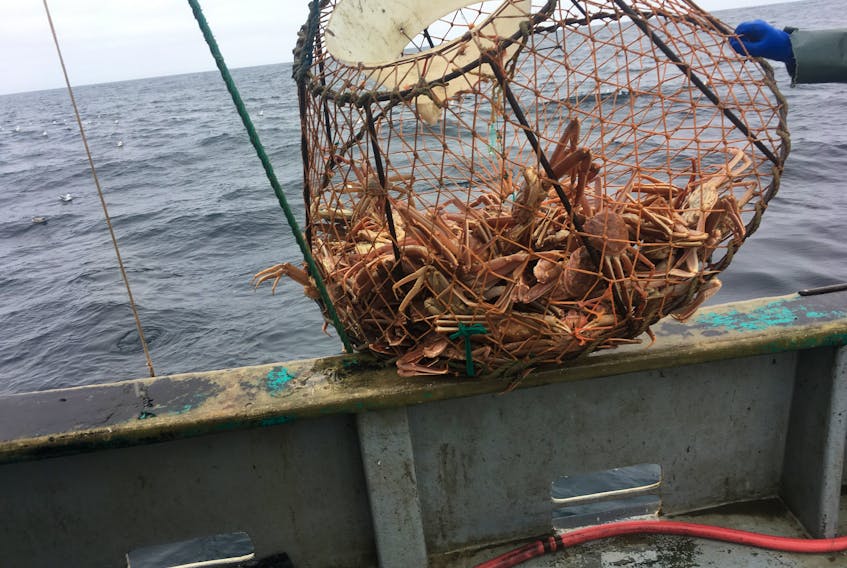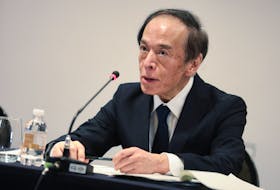St. John’s — The FFAW-Unifor wants the provincial government to take action to ensure fish processors provide accurate information so that fish harvesters get a fair price for their catch.
Union president Keith Sullivan said processing companies are not providing accurate information on production, yield, domestic and international prices and by-product information during price negotiations.
“Without this information, it’s difficult to negotiate a fair price to harvesters,” Sullivan said in a release Monday. “The provincial government has the power the change this.”
He pointed out that the Liberal Party “clearly stated” in its election campaign its support for transparency in fish processing
“Fish harvesters will hold the government to that commitment,” Sullivan said.
Prices for a number of species — such as snow crab, cod, and shrimp — are negotiated by FFAW-Unifor and fish processing companies. If an agreement cannot be reached between the parties, the Standing Fish Price Setting Panel determines the minimum prices paid to harvesters. Members of the panel are appointed by the provincial government and the panel’s mandate is outlined in the Fishing Industry Collective Bargaining Act.
Fish harvester Trevor Jones of Green Bay said the panel doesn’t have a true picture of what each species is valued at after processing and what prices the processors get in the marketplace.
“Transparency through information sharing will more accurately inform all parties involved in price negotiations,” Jones said.
While the current structure of the collective bargaining system is beneficial, he said, “The lack of accurate information being disclosed by processors undermines the credibility of the panel’s decisions.”
RELATED:









